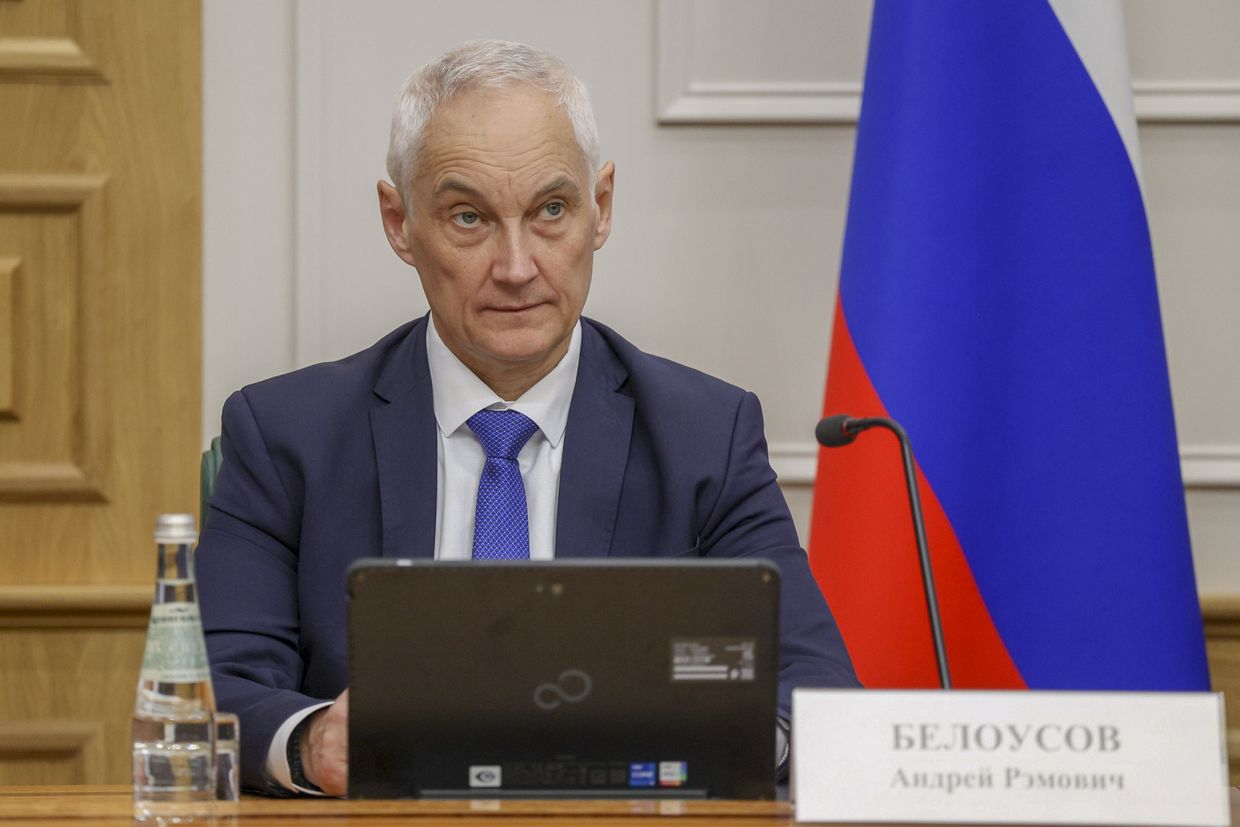European Commission predicts Russia's GDP growth in 2024 to reach almost 3%

The European Commission predicted that Russia's GDP growth for 2024 will be 2.9% in a report published on May 15.
The forecast was lower than the one reported by Russian Finance Minister Anton Siluanov in April, who claimed that the country's GDP would grow by 3.6% in 2024.
Russia's economy faced a shock and subsequent contraction after the beginning of the full-scale invasion of Ukraine in 2022. As the country faced the onset of Western sanctions and growing isolation, Russia's GDP dropped by 2.1% in 2022.
Since then, Russia has managed to survive Western sanctions through a variety of methods and has continued to bolster its economy through oil sales, particularly to India and China. Russia's GDP growth for 2023 was 3.6%.
"The Russian economy started 2024 on a strong footing," the commission's report said.
"The labor market remained tight and is set to continue that way, as declining net inward migration and increased labor demand from the military sector are expected to persist as long as the war of aggression in Ukraine continues."
While lower than the previous year, the strong growth predictions still raise questions about the effectiveness of Western sanctions and economic isolation. Sanctions against Moscow encompass a broad array of economic areas, including restrictions on trade, finance, technology and dual-use goods, industry, transport, and luxury goods.
The U.K. Defense Ministry suggested in November 2023 that Russia's economy was "at risk of overheating" due to increased military spending, shortages in the labor market, and growing inflation.
Russia's economy has remained more resilient than expected, although it is increasingly dependent on fewer trade partners than before the full-scale invasion.














